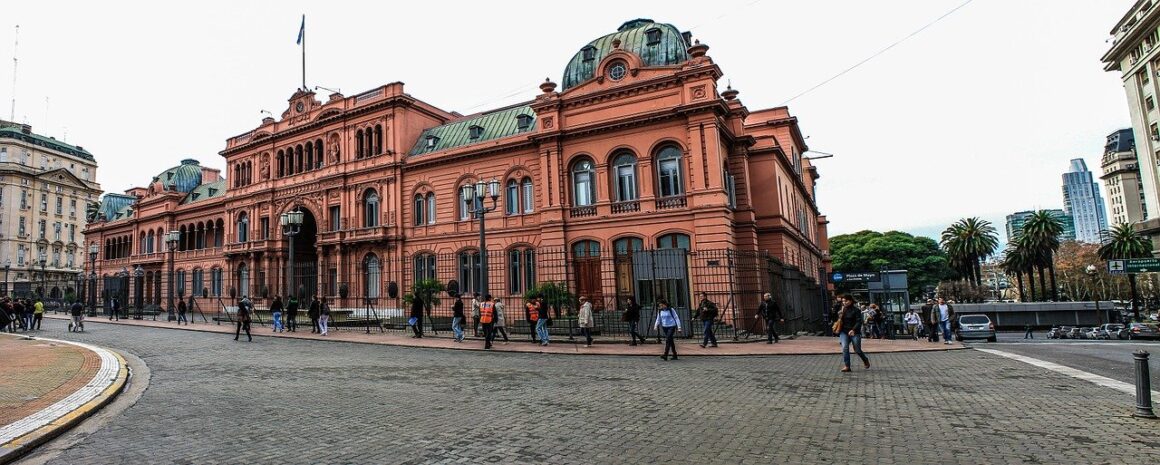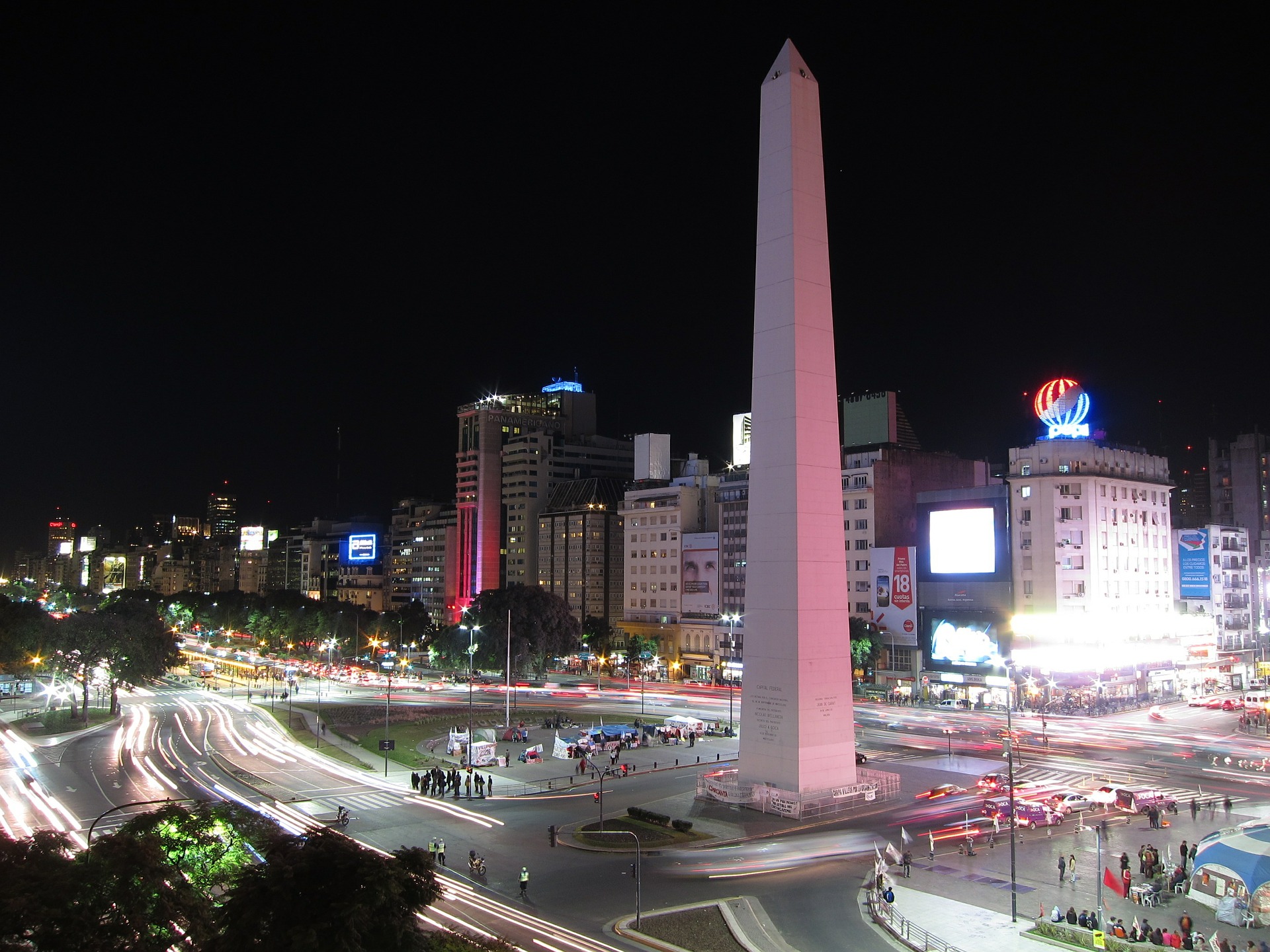Murder, cover-ups, spies, and a terrorist attack all somehow factor into the country’s energy sector. Argentina has achieved the impossible: it has made energy policy dramatic. Cinematic, even.
A bombing and a murder
First, the terror attack. In 1994, a Jewish organization’s building was bombed in Buenos Aires, killing 85 people. It was generally believed that Iranians were responsible, but the investigation was fraught with difficulty and stretched out indefinitely.
More than 20 years later, in 2015, the special prosecutor investigating the bombing was getting ready to make the accusation that the government had attempted to strike a deal with Iran which would cover up their role in the bombing in exchange for a special oil deal.
But before he could present his findings, the prosecutor was discovered dead by gunshot wound under suspicious circumstances the day before he was to testify about his theory. The government said he committed suicide; an investigation said homicide.
The oil is so badly needed that someone in the country would (allegedly) cover up the responsibility for the worst terrorist attack in Argentina’s history and kill one of their own to get it. It’s hard to think of a more dramatic illustration of the centrality of energy policy (well, except for theories about whole wars in the Middle East, but that’s a separate article).
So why are the stakes that high?
Argentina lost energy independence in 2010, meaning they are no longer self-sufficient for their energy needs. They are dependent upon importing fuels. Their attempts to deal with that fact have made for a chaotic ride over the decade.
In a very risky move, the government nationalized the oil industry giant YPF in 2012, expropriating the company from a Spanish business in May 2012. The decision to nationalize the oil industry in Argentina was a very controversial one. It is a strategy that has fallen out of favor in much of the world in recent decades. The goals of nationalizing an industry are:
- Provide domestic control over major industries to allow government coordination of the economy as a whole.
- Repatriation of the profits of that industry.
- Provide populist catharsis to the electorate – the removal of a business seen as taking advantage of the host country.
For a time, nationalization was a strategy employed often by developing countries, peaking in frequency in the 1970s. In some ways, the logic of nationalization in Latin America stems directly from the experience of colonialism. In colonialism, local resources and labor were utilized, producing great wealth that was not shared with the people whose land and labor made that wealth possible. Nationalization was an attempt to break that pattern of exploitation.
With the advent of neoliberalism, nationalization fell out of favor as an economic strategy. Neoliberalism holds privatization of business as a central tenet, applied throughout the world toward the end of the 20th Century and early 21st Century, including Latin America.

Unintended consequences
In the current international political environment, nationalization is very much frowned-upon by most governments, intergovernmental organizations, financial institutions, and multinational corporations. It is seen as being part of a broader policy of state intervention in the economy, strictly verboten under neoliberalism.
There are certainly drawbacks to the strategy. Nationalization is seen as a destabilizing force in a nation’s economy, which can make it more difficult to borrow money and attract foreign investment. After all, what corporation is going to want to invest in a country when it might be seized by the government of that country at any time?
Nationalization also leaves the government on the hook for market fluctuations and any profit losses. The value of YPF dropped 30 to 40 percent within a year, representing a loss not just to the economy as a whole but the government specifically.
Populism
As I mentioned, part of the motivation for nationalization is populist in nature. The people of the country see its resources and money brought back into their own country. Argentina has instituted other populist energy policies as well, setting prices for oil and electricity. The idea is to ease the burden of energy costs upon the poorest in society, a worthy goal. The undesired result – as any economist would predict – is a shortage of supply due to unprofitability.
It should be noted that this situation was prior to nationalization. After nationalization, presumably supply would not have been affected as much, as the drop in profitability of the government-owned industry would just have constituted a subsidy on energy.
Rollercoaster
Part of Argentina’s problem is its whiplash fluctuation in leadership between the Peronist populist-nationalists and the more neoliberal internationalists. There have been attempts since then to calm the fears of any groups that might be looking to invest in the country through a number of policy changes, like adjusting the duration of exploitation permits. It’s understandable, though, that investors would remain skittish.
I would be remiss if I didn’t point out that all of this has to do with the oil sector of energy policy. It’s a clear signal that Argentina is not doing enough to encourage renewable energy like solar and wind.
Meanwhile, the leaders who are accused of having participated in the bombing cover-up have yet to be tried in a court of law. In fact, many of them remain in power. Public opinion is strong and polarized, but it doesn’t appear that anyone will be held accountable anytime soon.










